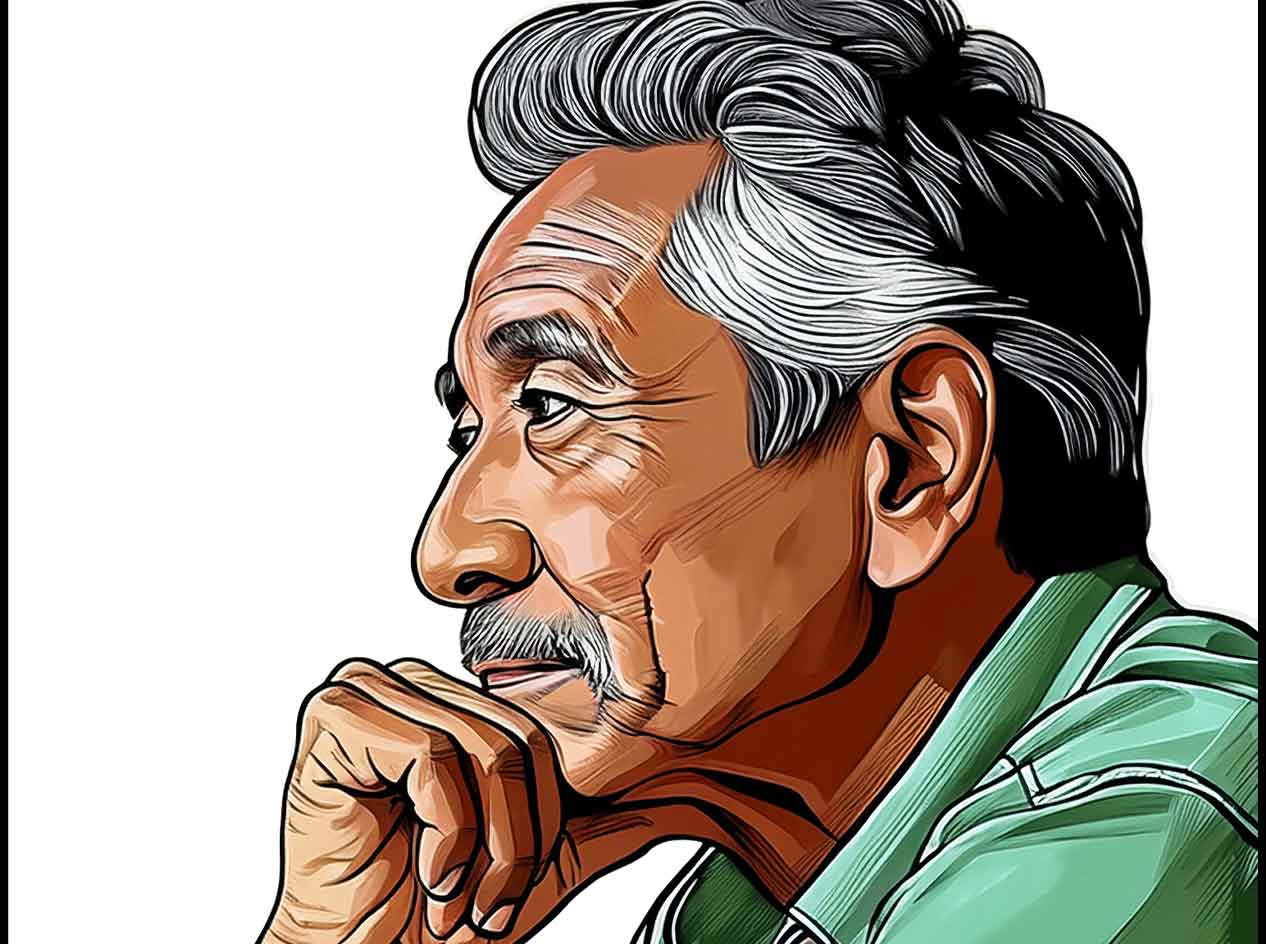From Daryl:
“Don’t you think if I had a choice, I’d much rather hop in the car and go somewhere and get groceries, pick things up, do what I want to do without having to depend on somebody else?”
Making vision loss harder than it needs to be
When Daryl’s wife suggested that he didn’t appreciate how much she did for him, it stung. Adjusting to vision loss only gets harder when you feel judged or blamed for it. And like many people, Daryl felt like responding with a reminder that vision loss is not something he wished for—and he’d love to do things the way he used to—if only he could.
After Daryl was diagnosed with macular degeneration, it was hard enough to give up things like driving, Daryl says, “and not have to depend on somebody else.” But it was even harder to feel a sense of shame on top of his loss of freedom.
Over time, he has learned to use a variety of tools to cope with his vision loss. But it hasn’t all been smooth sailing. “Generally speaking, everyone has been very helpful,” he says. But sometimes they send a message that he doesn’t know what he’s doing.
“Usually when I go somewhere with somebody,” he says, “they're more concerned about what I don't see.” When friends and family are always checking whether he saw a cord on the floor or the upcoming steps, it feels like a constant reminder that “I’m not able to do a lot of things I used to.”
Knowing it isn’t your fault: Blame due to vision loss
Identical twins Joy Tomas and Jenelle Landgraf both have vision loss, and they’ve both experienced the feeling of shame—and having their own experience and knowledge ignored—when other people react to their condition.
Joy remembers when a doctor’s office gave her the wrong location for a new appointment with a specialist. So she went back and explained they’d made a mistake, but the office assistant told her, “No, we wouldn’t have done that,” and blamed the error on Joy’s vision.
Joy knew they had imagined “it was automatically my error because I have vision loss,” she says. And even though she knew the mistake was theirs, “I remember feeling just so small,” she says.
Jenelle notes that she has also felt judgment and misunderstanding—even from friends. She remembers being told, “I don't see why you're trying to hide it. I don't see what you have to be embarrassed about.”
Although she knows their comments were meant to be encouraging, “I experienced that as very shaming,” she says. To her, it felt like people were ignoring her personal experience of “living in a world that was not made for someone who functions like I do.”
Taking a personal journey with vision loss
For Joy and Jenelle, as well as for Daryl, focusing on their own journey with vision loss has helped. Even as identical twins, the sisters know that it’s OK to adapt to change at their own individual rate. And Daryl reminds himself that, while his skills have certainly changed, he has plenty to be proud of. “Look at what you still can do,” he says, “and don’t focus on what you can’t do.”
You can hear Joy and Jenelle discussing their experiences on our podcast on Emotional Adjustment to Vision Loss: Twin Perspectives, here. And you can hear more from Daryl on Insights & Sound Bites, “Things turned around for me.”
In addition, social worker Jeff Flodin and psychologist Ed McDaniel discuss Shame and Vision Loss on Hadley Presents: A Conversation with the Experts.
Hadley’s podcasts are also available on Spotify and Apple Podcasts, as well as by phone: 847-558-1317.
And you can talk with a Hadley specialist about finding social and emotional support by calling us at 800-323-4238.
Have you felt judged, shamed, or misunderstood on your vision loss journey? Are there things you learned along the way—or questions you have for others?

0 Comments